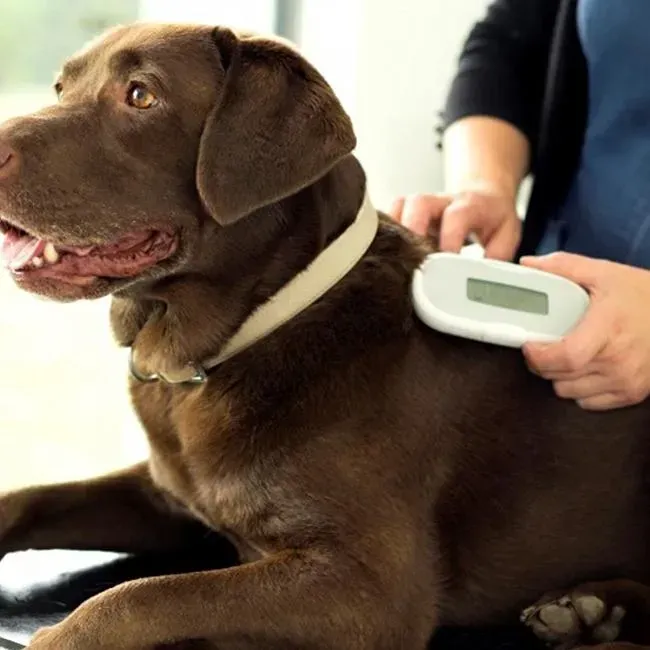Safe & Reliable Dog Microchipping in Stockton, CA
Dog Microchipping: A Small Chip, A Big Difference
A microchip is a tiny electronic device, about the size of a grain of rice, that is implanted under your dog's skin, typically between the shoulder blades. It contains a unique identification number that can be scanned by a special device.
Why Microchip Your Dog?
Permanent Identification: A microchip provides a permanent form of identification, unlike collars and tags that can be lost or removed.
Reuniting Lost Pets: If your dog becomes lost, a microchip scan can help reunite you with your furry friend.
Health Records: Some veterinarians use microchips to link pets to their medical records.
The Microchipping Process
The microchipping procedure is quick and minimally invasive. It's typically done by a veterinarian and involves the following steps:
Preparation: Your dog may be sedated or given a local anesthetic to minimize discomfort.
Insertion: A needle is used to inject the microchip under your dog's skin.
Registration: Your contact information is registered to the microchip's unique identification number.
Important Considerations
Regular Vet Check-ups: Ensure your veterinarian has your current contact information.
Microchip Scanner Availability: While microchip scanners are widely available at veterinary clinics and animal shelters, it's always a good idea to check with local organizations to ensure they have the necessary equipment.
Microchip Database Registration: Keep your contact information up-to-date in the microchip database to facilitate quick reunification if your dog is lost.

Testimonial
What They Say

Was looking for a new Vet near me in Stockton and very happy with Walker Vet Hospital! Customer service, informative, and compassionate with staff and doctors. Give a 10 out of 10. Taking all three of my dogs there happily.


Rae W.

Good value and knowledgeable. No waiting most of the time. Always 2-3 doctors at a time and weekend care available which is appreciated. All of our three dogs been going to Walker Vet in Stockton for some time now. Never any complaints.


Nick G.

Review Us!
Visit our Google review page to share your feedback

Review Us!




